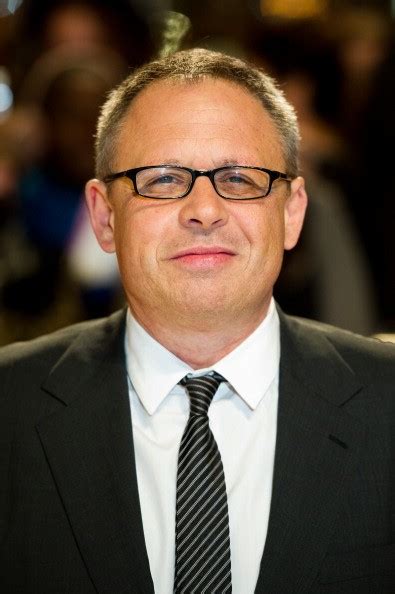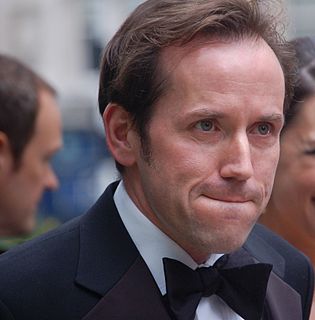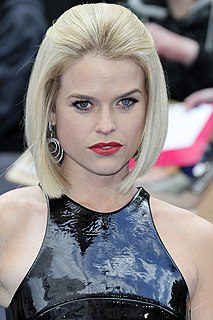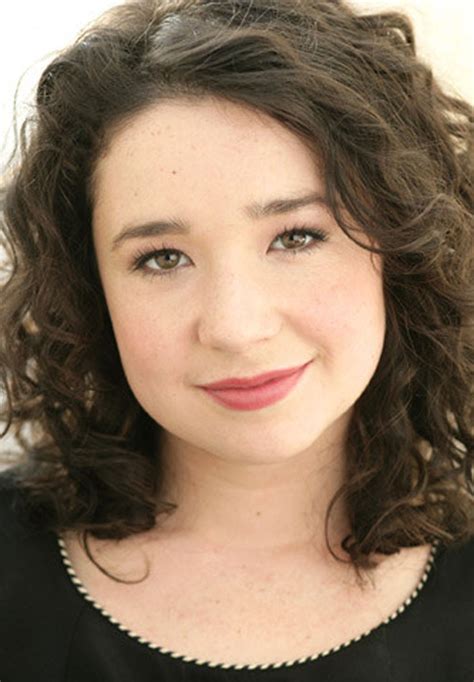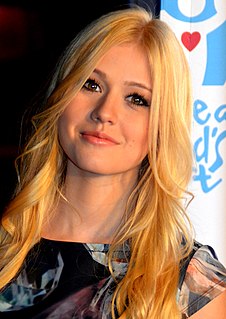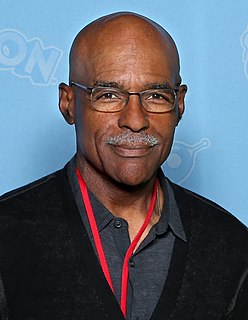A Quote by Kelly Masterson
Stage is so important because it teaches me how to convey character with words - how to convey how a character reacts by the way they appear on stage. I can usually tell a playwright from someone who has never written for the stage. Did the character work? Did the dialogue reveal who the character is?
Related Quotes
One of the strangest experiences one can have is to sleep on stage, as I once did in Sydney when I'd lost the key to my flat. I had to stay at night in a bed, which conveniently was on stage because my character Sandy Stone did his monologue from a bed. To wake up looking at a shadowy auditorium is a very peculiar feeling.
I think that the most important thing for me is, how is the character that I would be reading for? Is it interesting? Is there stuff to do? Are there things that you can do with the character? How can you play it out? Just those kinds of things that are very important for an actor. Also, a good director and good dialogue.
In film, the camera can get an array of shots so the audience can see the emotion the character is giving off. Using close-ups on the character's face really helps get the message across. On stage, you can't do that. But the stage has that live feeling that you can't get anywhere else because the audience is right there.
You get to know a character that you play on-stage in a pretty profound way over a length of time. I don't want to sound highfalutin and say you become the character, you just start bringing more and more of yourself to the part until the character and actor, it's hard to tell them apart. It's some weird amalgam. In film, because of the period of time, I don't know that you ever get that deep into it.
A woman can be demure, lady-like and the most prim and proper character, and still have a toughness and resiliency as apparent as a superhero-type female character or a warrior or soldier type. It's all about the story, the character, and the course of events in that piece of work and how that character is presented.
It was seriously just a name. They didn’t tell you what to do. They didn’t tell you how they wanted the character to be - nothing. You went in to audition for this character name and that was it. When I started, before I came onto the set, I went to Gene Roddenberry and said: hey, what do you want from this guy? Who is he? And being as smart as he is, he said: don’t listen to what you’ve heard or read or seen in the past, nothing. Just make the character your own. And that’s what I did.



